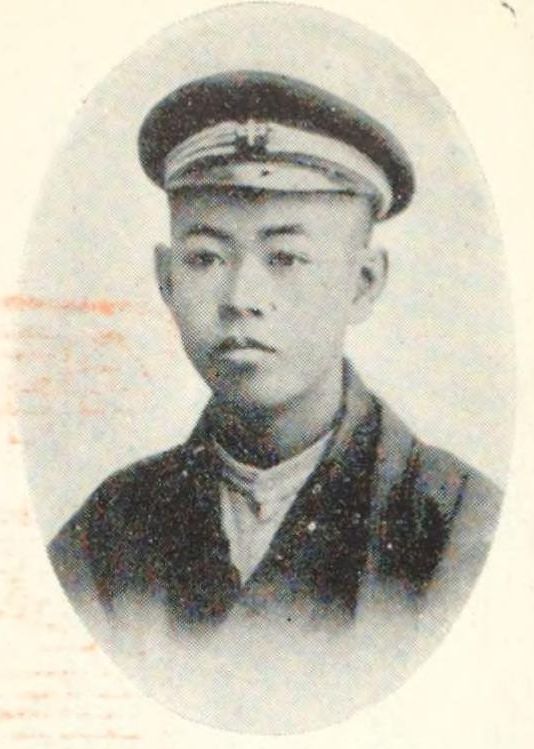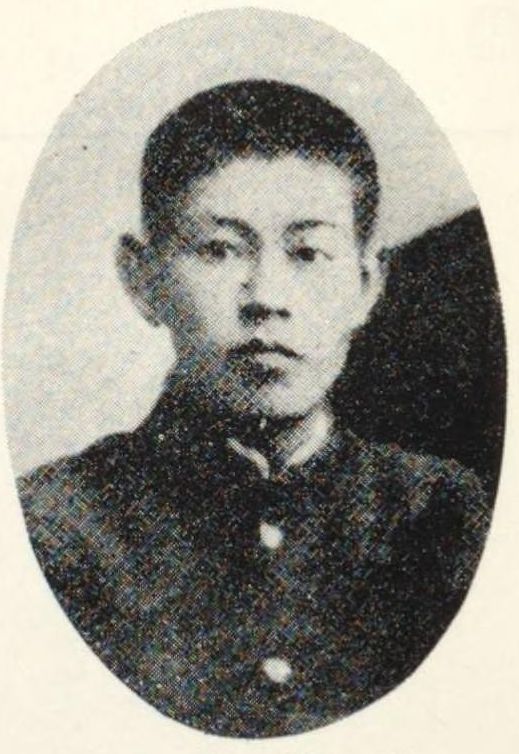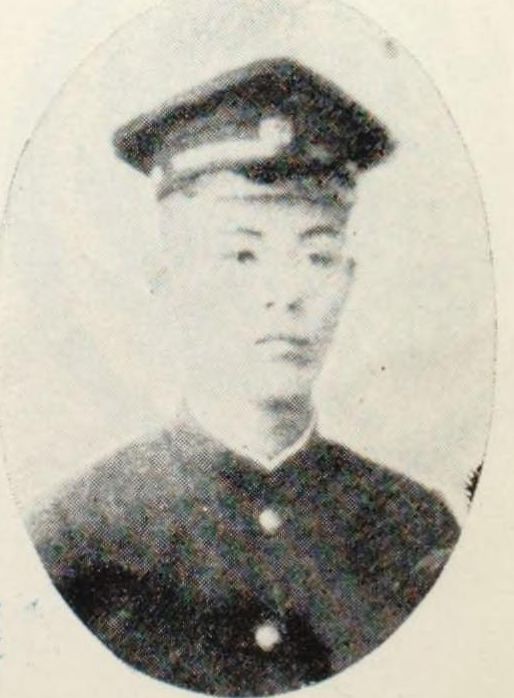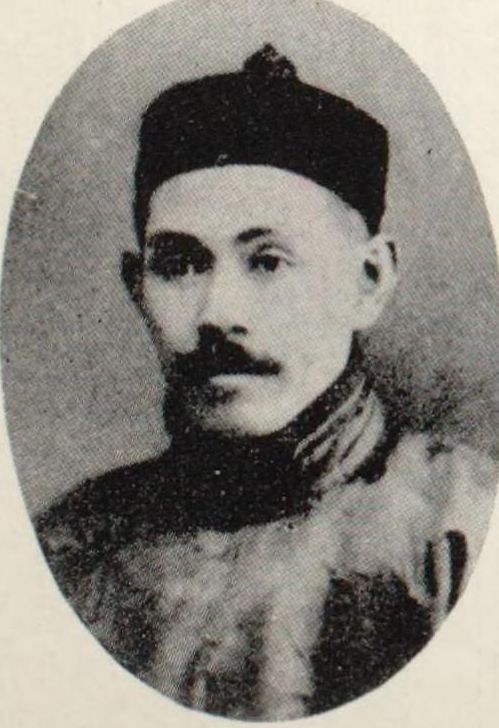YOSHINO Sakuzo
- Date of Birth and Death
- January 29, 1878 - March 18, 1933
- Birthplace (modern name)
- Miyagi
- Occupation, Status
- Scholar (Social Science)
Description
Political scientist. Born in Miyagi in 1878. In 1904, he graduated from the Faculty of Political Science of the Imperial University of Tokyo. He became an associate professor of the Tokyo Imperial University in 1909 and was promoted to professor in 1914. He quickly started to present his political analysis in the "Chuo koron", a monthly general-interest magazine. "Kensei no hongi o toite sono yushu no bi o nasu no michi o ronzu" (On the Meaning of Constitutional Government and the Methods to Perfect It) was an especially controversial paper when it appeared in January 1916 because of its promotion of Taisho Democracy. In the paper, Yoshino insisted on the enforcement of the Universal Manhood Suffrage Law and the realization of party politics, and he translated the word "Democracy" as "Minpon shugi" (literally, "people-as-the-base-ism"). Yoshino also contributed to the study of Meiji cultural history and organized Meiji Bunka Kenkyukai (Society of Meiji Culture Studies).
SNS
YOSHINO Sakuzo
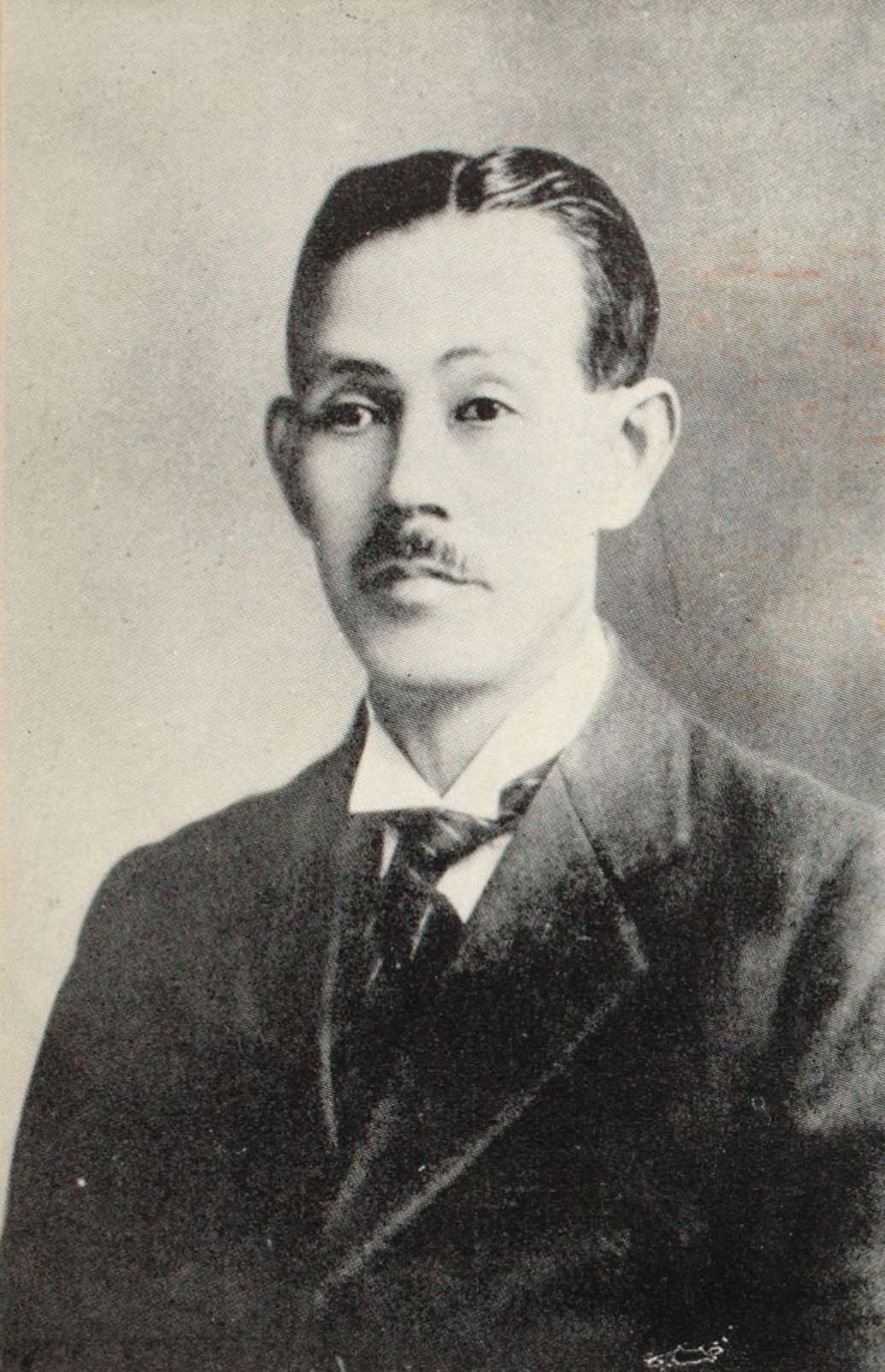
- HOME
- List of Names
- YOSHINO Sakuzo

